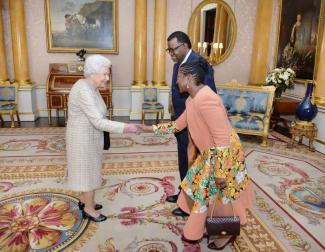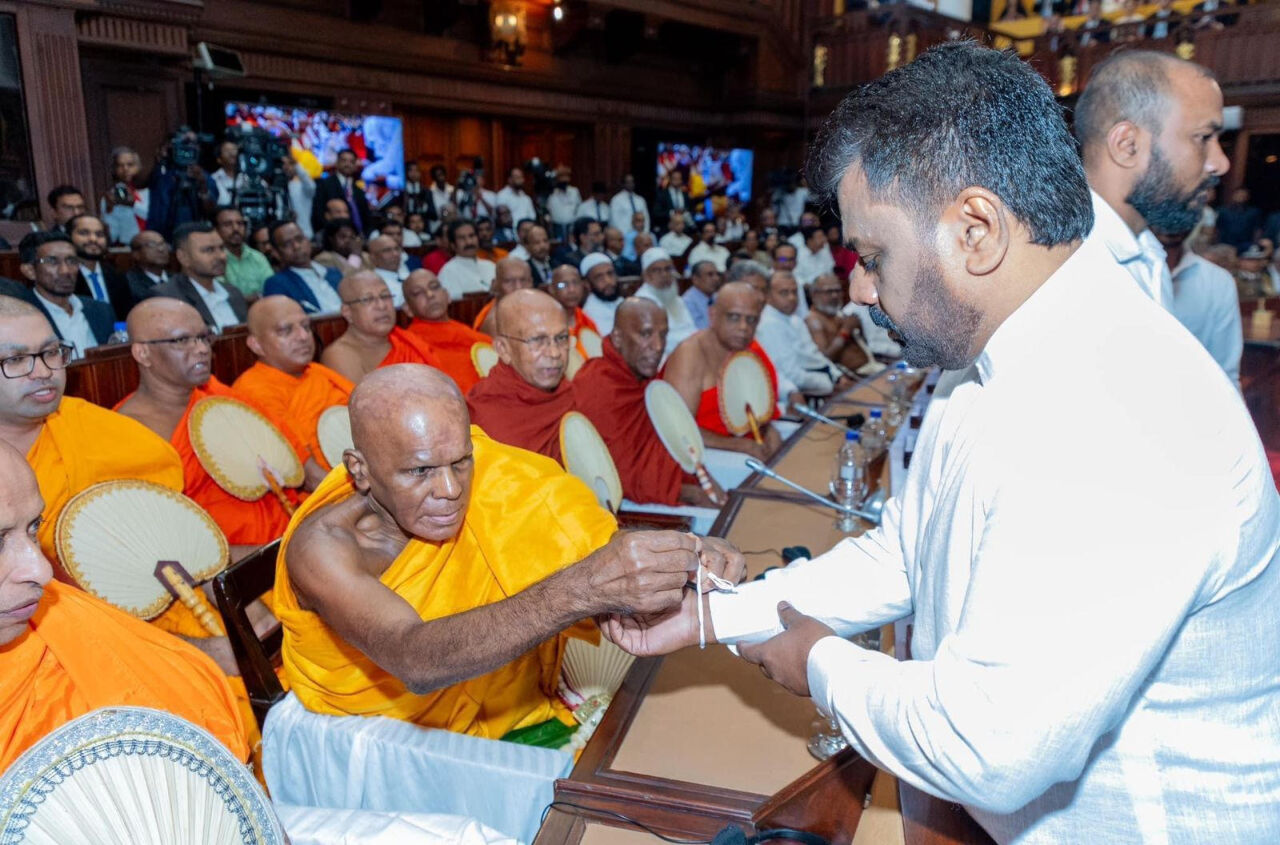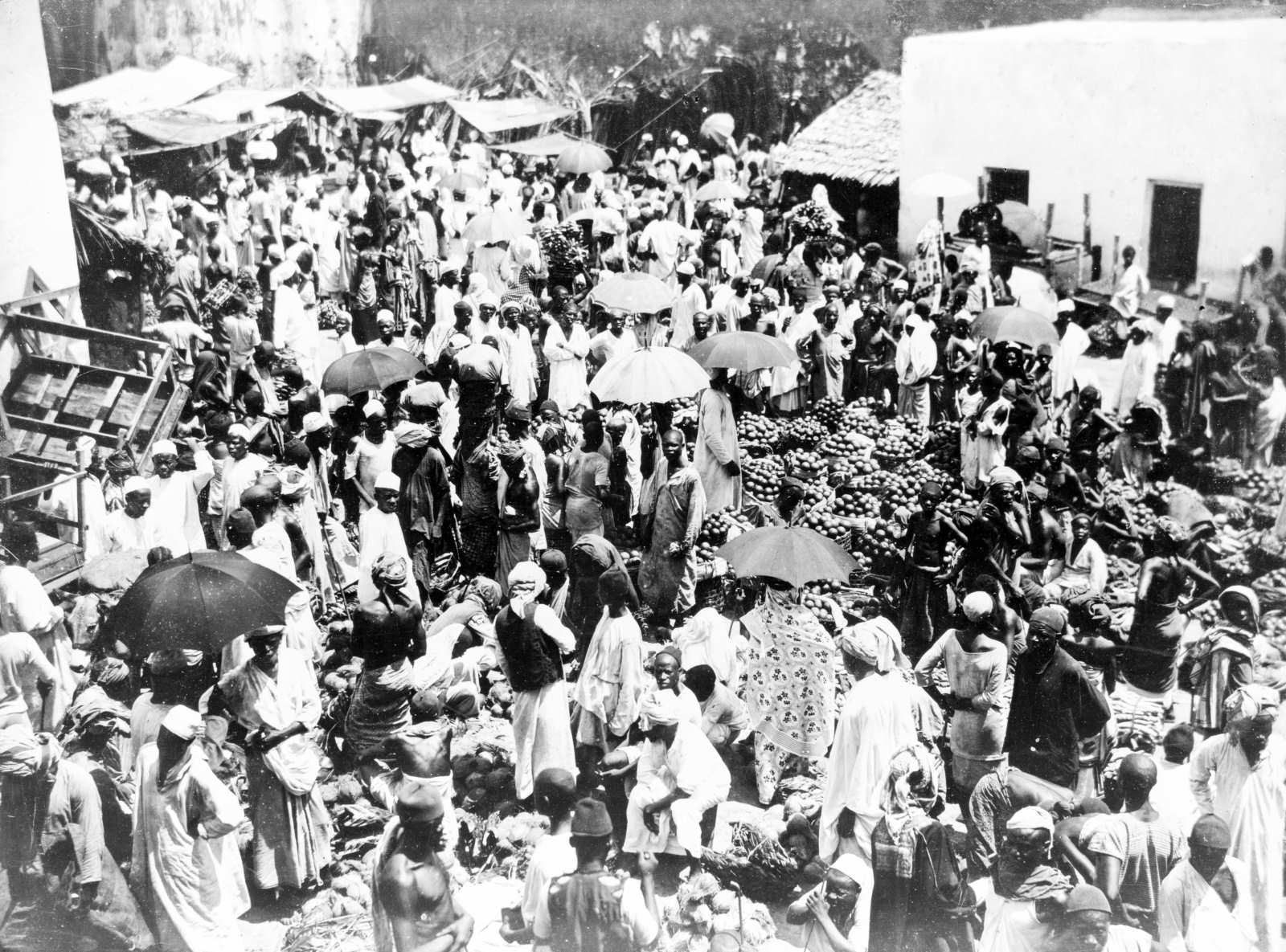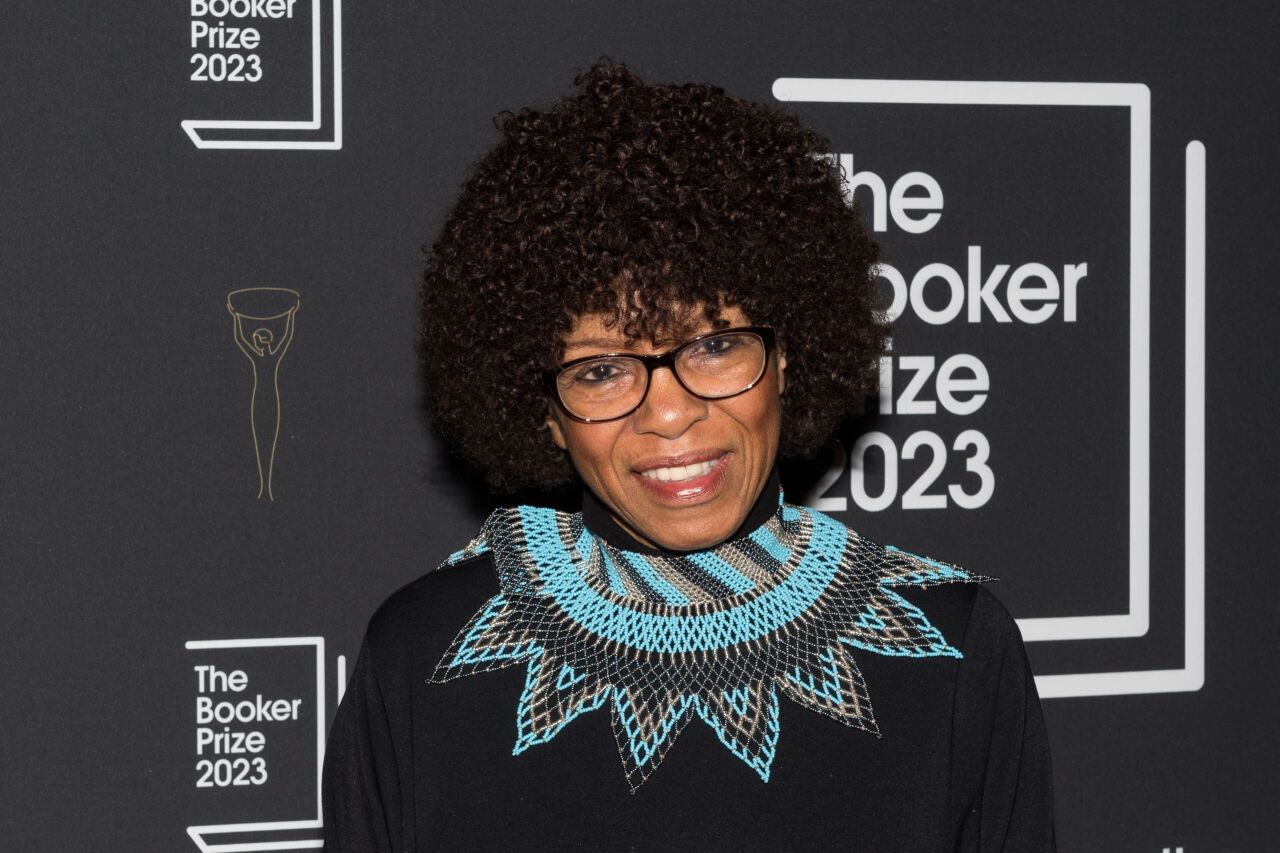SADC
Nostalgia and empty promises

The Zimbabwe African National Union (ZANU-PF) has been in power since 1980, the South West African People’s Organisation (SWAPO) has been running Namibia since 1990 and the African National Congress (ANC) has formed all South African governments since 1994. These parties still use anti-imperialist rhetoric, but it now serves to distract from policy failures. Their nations’ hopes for socio-economic change have hardly been fulfilled.
Under white minority rule, the heroic liberation narrative was appealing. The idea was that, once in government, the anti-colonial movements would use political power to improve people’s lives. They were meant to bring about prosperity and social equity.
After independence, most former liberation movements considered their parties’ hold on government offices not only legitimate, but endless. Sam Nujoma, who led SWAPO from 1960 to 2007 and served as Namibia’s head of state from 1990 to 2005, was given the official title of “Founding Father” when his presidency ended. In 2010, he told the SWAPO Youth League congress to “be on the full alert and remain vigilant against deceptive attempts by opportunists and unpatriotic elements”. This attitude, he asserted, would allow SWAPO to “rule Namibia for the next ONE THOUSAND YEARS” (his emphasis).
Traumatised Zimbabwe
Even more than Nujoma, Zimbabwe’s Robert Mugabe personifies the autocratic ruler, whose authority is anchored in the historic struggle. He declares anyone who dares to criticize him a traitor. He actually survived several murderous power struggles within the liberation movement. When he fell out with Joshua Nkomo, a former freedom fighter who served as Zimbabwe’s first vice president, up to 20,000 people were killed in an operation called Gukurahundi. Mugabe has always claimed the authority to define who belongs to the people and who is the people’s enemy.
Allegations of treason where deadly during the liberation struggle. The military commanders demanded unquestioning loyalty, which helped to keep the movements united and viable. Diverging opinions could not be tolerated. The Indian scholar Ashis Nandy (1983) assessed such matters in his book “The intimate enemy” (1983). Today, party leaders in Southern Africa still demand unquestioning loyalty, but their stance no longer serves the uprising. It serves their regimes.
Traumatised by ZANU-PF terror, many Zimbabweans resent Mugabe today. Among the continent’s top-leaders, however, he has the reputation of being an “anti-imperialist Pan-Africanist”. In their midst, he is one of the most admired persons. It does not matter that Zimbabwe has suffered hyperinflation, cholera outbreaks and other massive problems under his rule.
Whenever criticism of Mugabe was made at top-level meetings of the Southern African Development Community (SADC), the regional organisation, one prominent participant was known to start singing songs from the freedom struggle. It was Michael Sata, the late Zambian president (dubbed “King Cobra”) who died in 2014.
Indeed, SADC helped Mugabe to stay in power in 2008. When ZANU-PF was losing in several rounds of parliamentary and presidential elections, Mugabe once again resorted to violence. In the end, Morgan Tsvangirai, whose chances of becoming president looked good, dropped out of the race in order to stop the bloodshed. SADC condoned Mugabe’s behaviour and brokered an alliance, in which Tsvangirai became Mugabe’s prime minister. This odd arrangement did not last. Tsvangirai looked weak and his party lost the next round of elections five years later.
In spite of his depressing track record, Mugabe was made president of the African Union in 2015. At the time, it was well understood that he was relying on violent oppression and even murder. Nonetheless, Hage Geingob, Namibia’s third president who had only recently taken office, praised him as a role model.
It is not a new insight that the liberation-struggle narrative serves to distract people from current injustices and inequalities. In his pioneering manifesto “The wretched of the earth”, Frantz Fanon assessed the “pitfalls of national consciousness” as early as the early 1960s. He warned that post-independence regimes were prone to mistreating, harassing and intimidating people. The party in power, he wrote, “controls the masses … to remind them constantly that the government expects obedience and discipline”.
National sovereignty went hand in hand with the promise of a better future. However, social transformation was often limited to the transfer of political power to a new elite. Huge gaps persist between the vast majority of Southern African people and the privileged few. The new propaganda, however, is that any injustice only results from the colonial past, with the new regime doing everything to promote people’s welfare.
Some say that the Mozambican slogan “a luta continua” (“the struggle continues” in Portuguese) has degenerated into “the looting continues”. Mphutlane wa Bovelo, a South African activist, accuses the new political and economic elite of “kleptomania proclivities” and “massive acts of depoliticisation”. He argues: “They want us to believe that the struggle is over, that all we have is remnants of the old order against whom our anger should be vented.” Attacks on the freedom of the press obviously fit the picture.
In South Africa, Jacob Zuma successfully played the populist card against his intellectually aloof rival and predecessor Thabo Mbeki. He pretended to be an anti-establishment rebel who would fulfil the promises of the liberation movement. Zuma emphasised “Zulu warrior culture” and often intonated the song “Bring me my machine gun” at political rallies.
It is increasingly becoming clear, however, that the populist trick will not work for him forever. After seven years in office, his meagre achievements speak louder than his rhetoric. South Africans are becoming impatient with what is dubbed “state capture” and refers to shady business deals involving Zuma, his inner circle and the Gupta brothers from India. It will not help Zuma that he has started to liken ANC rule to the return of the Son of God, likening himself to Jesus.
In elections, the Democratic Alliance, the main opposition party, has slowly been gaining ground. It still looks unlikely to win national elections anytime soon, but the ANC’s once unassailable majorities are dwindling. The pressure on Zuma to step down is growing – slowly, but constantly.
It is worrying, however, that someone else is now claiming his old insurgent role. Julius Malema is a former Zuma ally who used to lead the ANC Youth League. He fell out with the head of state, however, and launched the “Economic Freedom Fighters”. Like populists in general, Malema is good at exploiting real grievances for political purposes but does not offer any tangible policies to tackle those grievances. Observers warn that he may yet prove even more destructive than Zuma.
Rotten system
In Namibia and Zimbabwe, no demagogues of such calibre who might one day replace the top leaders are in sight so far. SWAPO and ZANU-PF are still firmly in control. They are the system – and the system is increasingly considered to be rotten. People know that the leaders who love to speak of the independence struggle use luxury cars as well as presidential jets and enjoy to wine and dine with other heads of state.
Attending the funeral of Fidel Castro in Cuba, Namibia’s President Geingob praised the comandante’s stance that “liberation of the oppressed should never be for economic gain, but only to gain in conscience.” Namibians reacted with sarcasm. An editorial in The Namibian, a daily newspaper, blamed him for “talking left, walking right”.
Today, the dominant political parties in Angola, Mozambique, Namibia, South Africa, Tanzania and Zimbabwe are former liberation movements. Their legitimacy and credibility is being eroded by bad governance, predatory networks and empty promises.
Part of their strength, however, is their mutual agreement to rescue one another if need be. Their network can be quite effective, as Zimbabwe’s opposition leader Tsvangirai learned, for example. The big men like conspiracy theories and are happy to label anyone who dares to criticise them as agents of western imperialism.
They do not want to be held accountable – whether by voters or courts. In recent years, the SADC Tribunal was shelved because its judges were courageous enough to speak truth to power. It is a good sign, however, that South Africa’s public hardly applauded Zuma’s recent decision to terminate the country’s membership of the International Criminal Court.
The “big man” network is an integral part of Southern African populism. By paying tribute to their peers, top leaders applaud themselves. By the way, the likes of Mugabe and Nujoma think that Nelson Mandela, South Africa’s first black president, did not deserve the same respect that they do. The reason is that he spent decades detained on Robben Island while they led the armed struggle.
This attitude is common among the leaders, but not the people in general. Most Africans admired Mandela. He was more popular in his own country than Nujoma or Mugabe are in theirs, and he was keen on reconciliation and nation building.
Henning Melber is director emeritus of the Dag Hammarskjöld Foundation in Uppsala. He is extraordinary professor at the Universities of Pretoria and the Free State in Bloemfontein and is affiliated to the University of London and the Nordic Africa Institute. He joined SWAPO in Namibia in 1974 as a son of German immigrants.
henning.melber@nai.uu.se
References:
Wa Bofelo, M., 2010: “’Shoot the Boers!’ Deflecting attention from new songs of protest.
http://www.pambazuka.org/governance/%E2%80%98shoot-boers%E2%80%99-deflecting-attention-new-songs-protest
Nandy, A., 1982: The intimate enemy. Delhi: Oxford University Press











